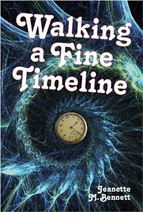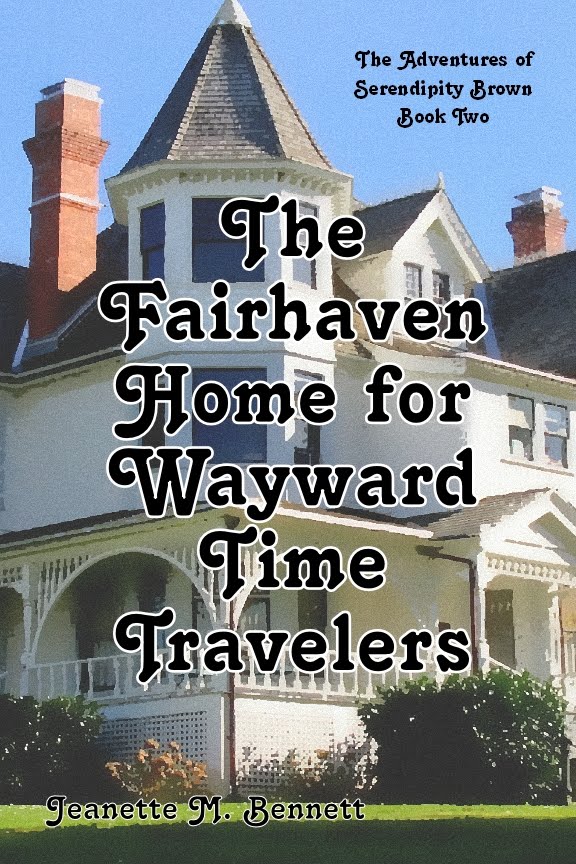Today I visited the oldest ghetto in the world. Perhaps the only decent act by Napoleon was when he tore down the walls that imprisoned the Jewish residents here for the “crime” of being Jewish. I know it’s hard for you folks back in the 27th century to even begin to believe that such social injustices ever took place.
 |
| Synagogue in Venice |
I turned to see an elderly man with a long beard and a bowler. “Is it that obvious?”
“Welcome to Venice. Are you Jewish?”
“No, just a historian, trying to understand why atrocities like ghettos came into being. In England we don’t segregate our Jews. We just elect them Prime Minister.” Victorian England, I’m proud to say, is tolerant of religious minorities.
The gentleman chuckled. “Oh yes. England has no ghettos. You just kick us out.”
“We did? Oh, yes, Edward the first, right? I guess we did. I do apologize.”
The man shrugged. “I’m sure you had nothing to do with it. Would you like me tell you a little about our history?”
“Yes, please do, sir!”
We walked over to a bench in front of the Synagogue and sat down. He introduced himself as the Rabbi Magino and began to tell the history of this community.
 |
| Woodcut of original ghetto |
“That’s terrible!”
“What terrible? The Germans and Turks were kept in their own communities, too. And it meant we could stay in Venice and not get kicked out. It made the Pope happy and he left us alone. We could go anywhere we wished in Venice during the day. At night we went home and they locked the ghetto gates.”
“But you were prisoners!”
“The Jews were allowed to choose their gatekeeper. And if young men sneaked out at night to go to a party, he looked the other way. None of this was strictly enforced. It was all just for show.”
“But it’s so crowded here.” I looked about at the tightly packed neighborhood. Even the square was crowded with pedestrians.
“That’s because many Jews came here after other countries like Spain and France, expelled them. And others just moved here for business opportunities. When it got too small, the city built the Ghetto Vecchio adjacent to the older Ghetto Nuovo.”
“Just a tick. I remember enough school Latin to know ‘Nuovo’ means ‘new.’ How can it be older?”
“The ghettos were named for the foundries that were torn down to make room for them. And of course we kept building up.” He pointed to the sky.
“I’ve noticed the walls are gone now. Have many Jews remained?”
“Of course. This is our home. We are proud of our community. A few who wanted a fancy palazzo moved, but most stayed.”
We chatted awhile longer until the good Rabbi had to get back to work. I checked my history files. Apparently the only persecution the Venetian Jews suffered was when the German Nazis came in and took them away to concentration camps.
I now felt chagrinned at my earlier impressions. The first ghetto was not created to persecute Jews but to protect them from persecution. How ironic!
Venetians must be big-hearted people--or perhaps religious intolerance is just bad for business. Probably a little of both.





Fantastic! That's where we stayed on our first trip to Venice. It's such a convenient neighborhood there, I'd stay there again, and love telling friends that we stayed in "the ghetto!"
ReplyDelete